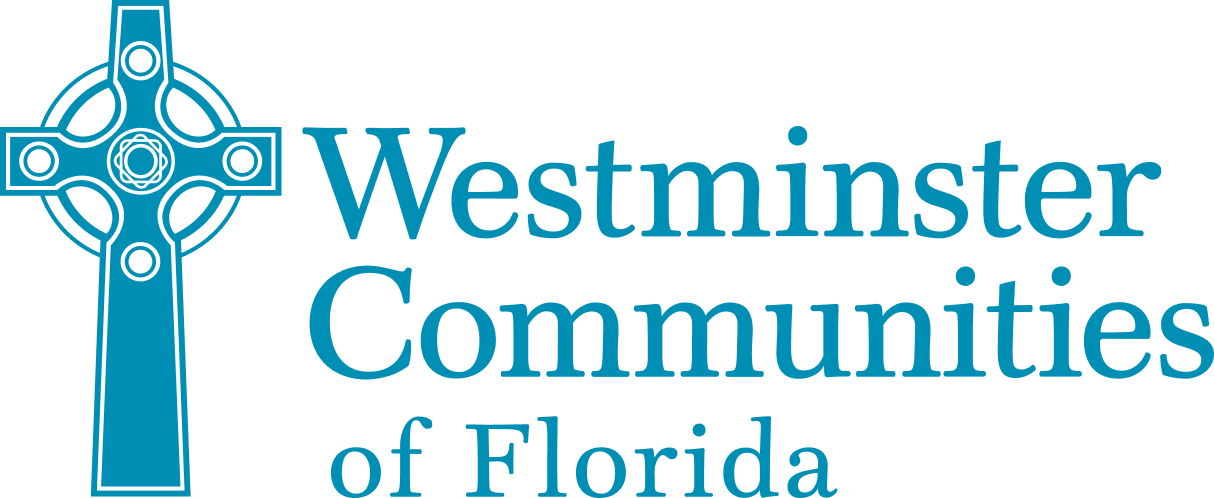Protecting seniors from scams is vital, as fraudsters frequently target older adults. Knowledge and caution are your most powerful defenses against financial exploitation. Following expert advice from trusted organizations like AAA and the AARP, here are the top three ways seniors can safeguard their finances and personal information.
1. Be Skeptical of Unsolicited Contact and High Pressure
Scammers often create a false sense of urgency and fear using unexpected calls, emails, or texts. This tactic prevents you from thinking clearly—a clear red flag for fraud.
Key Scam Protection Tips:
- Block Unknown Calls: Experts advise not answering calls from unfamiliar numbers. Let them go to voicemail; legitimate contacts will leave a message.
- Independently Verify Identity: If you receive a call claiming to be from the IRS, Social Security, or your bank, do not use their provided number. Look up the official, verified contact information online or on a statement and call them back yourself.
- Resist Urgency (The AAA Warning): Scammers pressure you to “act now.” AAA warns that this sense of urgency is a primary technique of fraud. Hang up, delete the message, and talk to a trusted friend or staff member first.
2. Guard Personal Details and Refuse Untraceable Payments
The primary goal of nearly all fraud is to steal your private data or cash. Protecting your personal identifying information (PII) is essential to avoid identity theft.
How to Secure Your Assets:
- Never Share Sensitive Information: Do not provide your Social Security number, Medicare ID, bank account numbers, or passwords to uninvited contacts.
- Refuse Untraceable Payments (Major Red Flag): Never pay using gift cards, wire transfers, or cryptocurrency. As both the AARP and AAA emphasize, legitimate businesses and government agencies will never demand these forms of payment. A gift card request equals a scam.
- Use Strong Passwords: Secure your online accounts with strong, unique passwords.
- Shred Sensitive Documents: Shred documents with personal information to prevent theft.
3. Communicate Openly and Report Suspicious Activity
Isolation increases vulnerability to fraud. Open communication is your most effective tool for senior scam prevention and recovery.
Action Steps for Reporting Fraud:
- Consult a Sounding Board: Talk to a trusted family member, caregiver, or staff member about suspicious communications. A fresh perspective often spots the fraud immediately.
- Trust Your Instincts: If a request feels wrong, threatening, or too good to be true, trust your gut. Hang up or close the door immediately.
- Report the Scam: If you suspect you have been targeted, report the incident immediately. Use trusted resources like the National Elder Fraud Hotline (833-FRAUD-11) or the Federal Trade Commission (ftc.gov/complaint) to get help and protect others.
By staying vigilant and informed, we can all work together to keep our communities safe from financial fraud.
Contact Westminster Bradenton senior living to join one of our many events that address senior wellness and security through Life Plan living.




